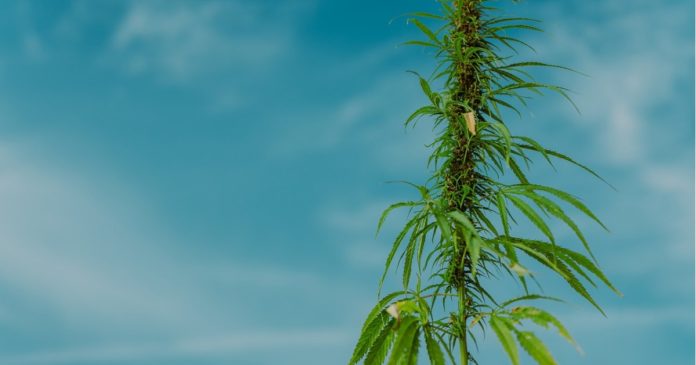The body representing EU member states has approved agricultural reforms that include a bit more leeway on hemp THC levels where farmer subsidies are involved.
In EU member states, hemp varieties with varying maximum levels of THC can be planted if these are authorised by national regulations. But if a farmer wants EU subsidies, the maximum permissible THC level in hemp is 0.2% currently. Such a low level narrows the varieties available to hemp farmers and increases the risk of a crop being considered “hot”.
But there has been some progress on this front. Last week, the European Council adopted Common Agricultural Policy (CAP) reforms. Among them was eligibility for subsidies will remain if hemp varieties registered in the official EU seed catalog are stable at less than 0.3% THC. This change followed the European Parliament voting in favour back in October last year.
The change represents a major victory for the European Industrial Hemp Association (EIHA).
“This is a great day for the hemp sector and another step towards a greener future for Europe,” said EIHA President Daniel Kruse. “However, if compared to other countries worldwide, 0.3 % is still a low limit; for instance, Switzerland, in the heart of Europe, has a higher number, and other EU countries already work with higher limits as well.”
This isn’t just the case in Europe – some jurisdictions, including Western Australia, have a limit of 1% – giving these farmers somewhat of an edge over their subsidised EU counterparts.
EU farmers wanting to take advantage of the higher THC level permissible will need to wait for a while as the new CAP won’t come into force until January 1, 2023
EIHA Managing Director Lorenza Romanese indicated there was still much work to be done for hemp to achieve its full potential in the EU.
“We need to keep working together, as there are still other areas where hemp deserves to be better regulated, but we are on the right track.”
The EIHA represents EU farmers, producers and traders working across all hemp sectors, including fibre, seed and cannabinoids such as cannabidiol.


